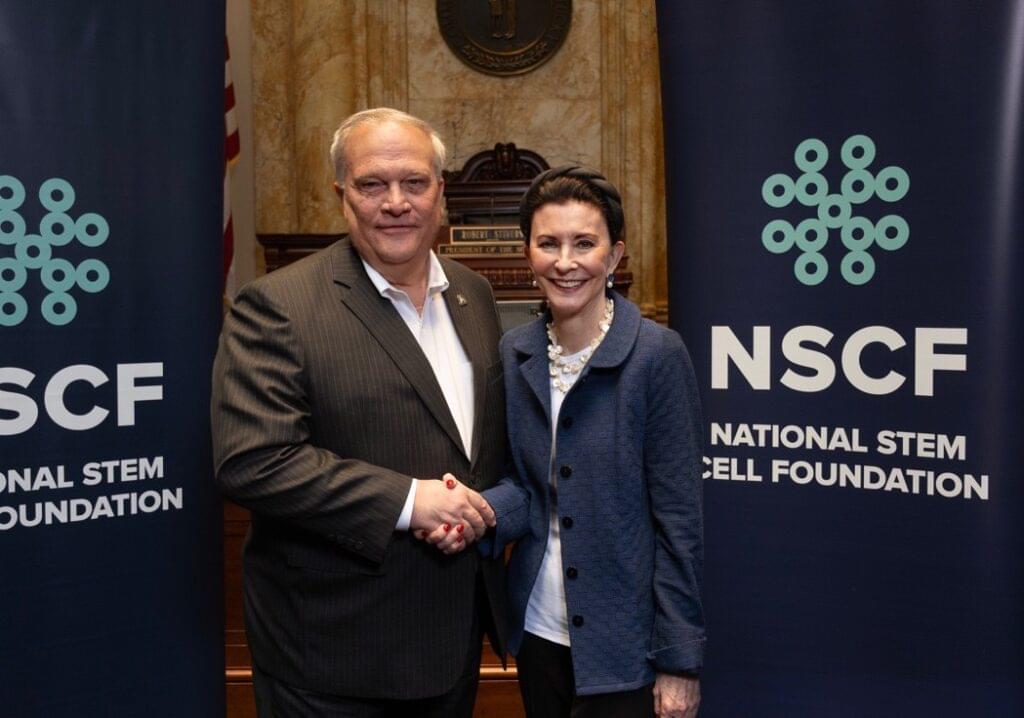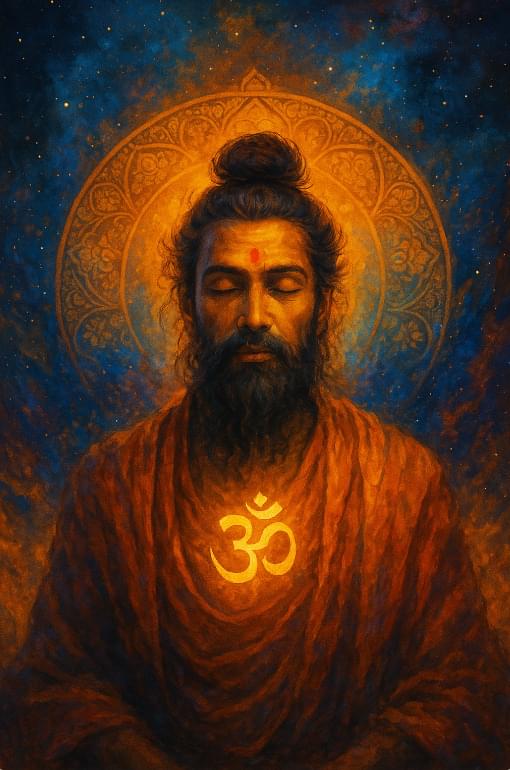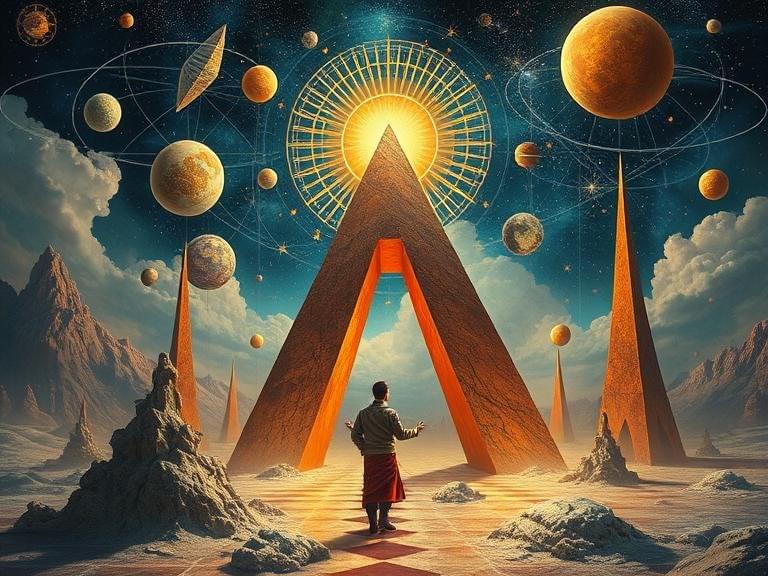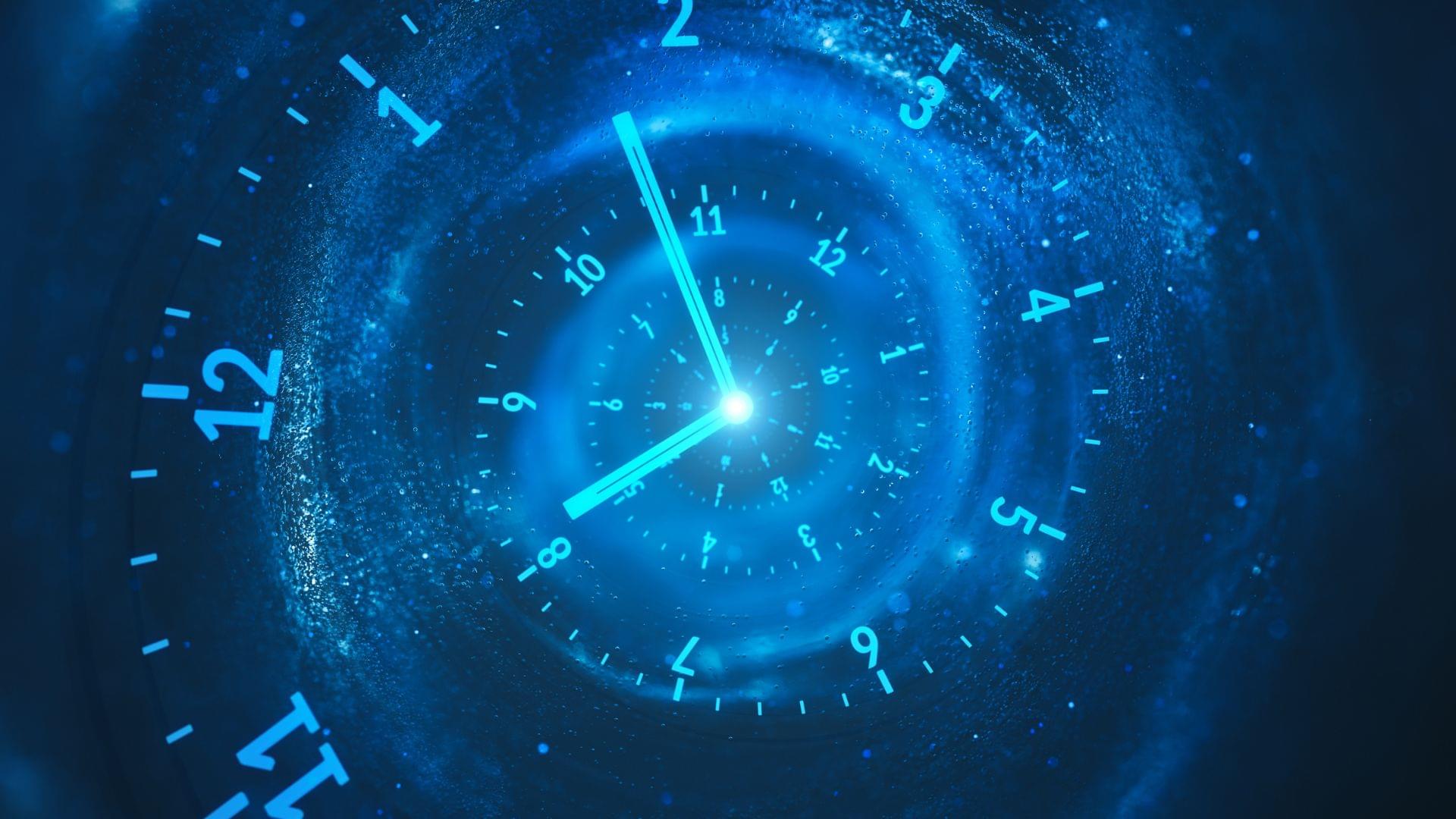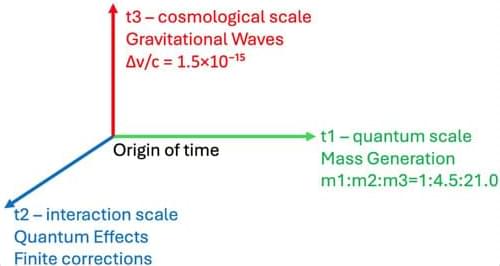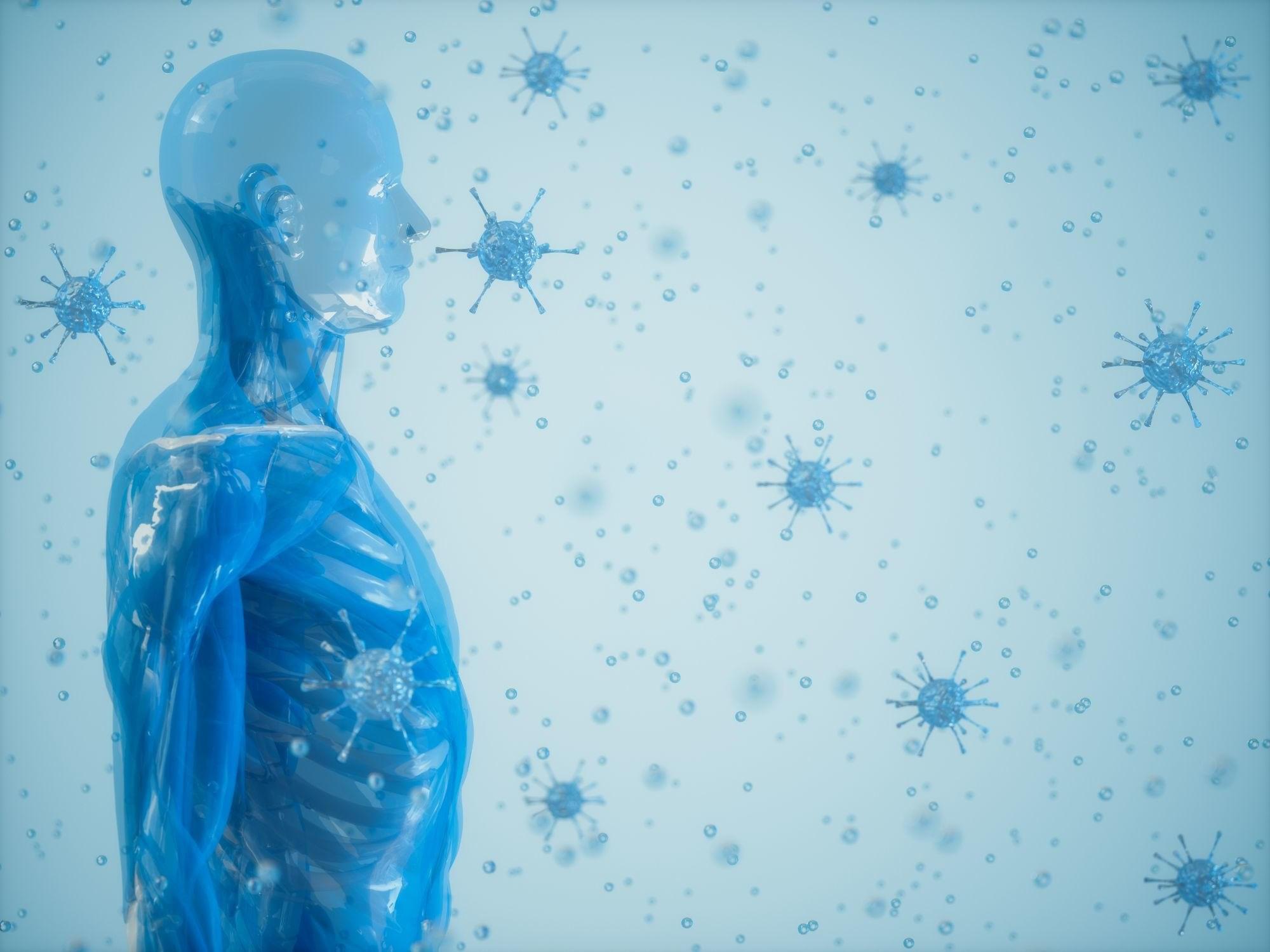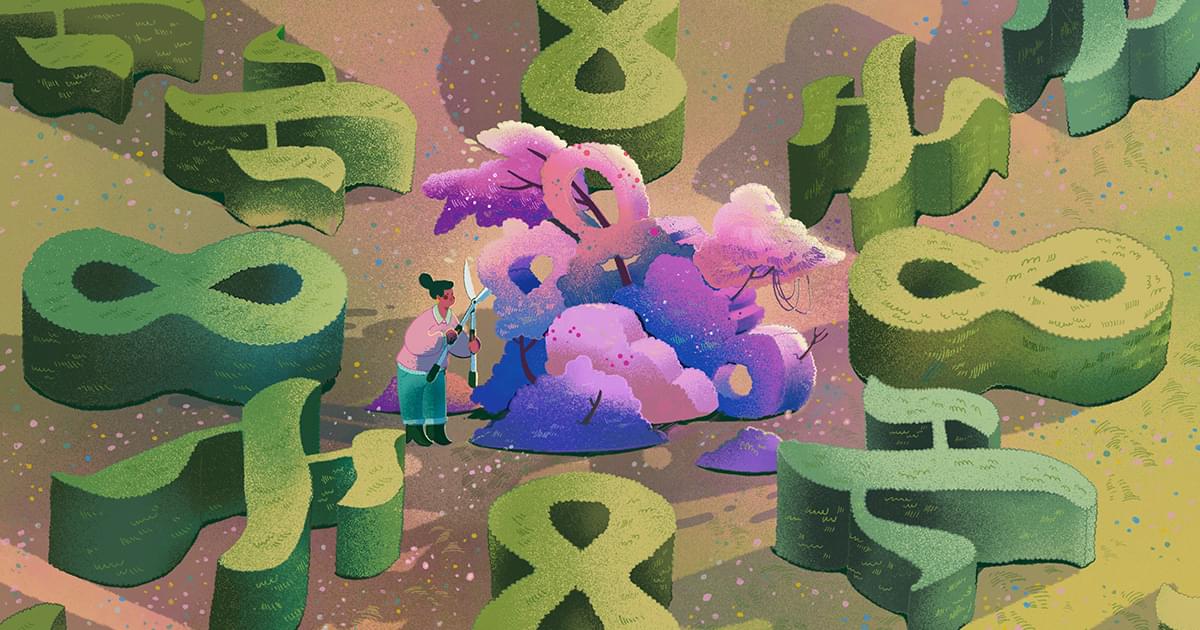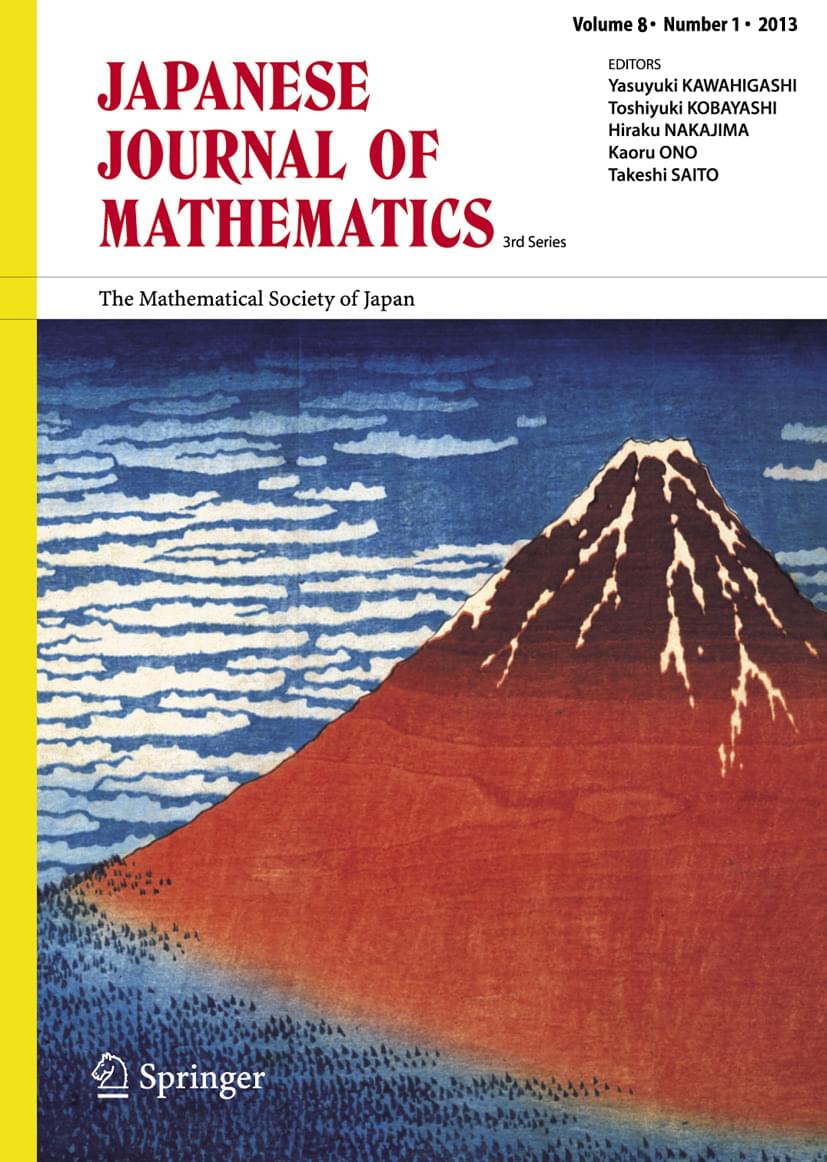The National Stem Cell Foundation, which is based in Louisville, has been awarded a $3.1 million grant from NASA to continue research on brain cell behavior in space as a way to find treatments and cures for neurogenerative conditions, and Kentucky is investing $300,000 toward the project as part of a 10% match.
Kentucky’s portion was allocated in the 2024 legislative session in Senate Bill 1. The announcement was made Wednesday, March 26 at the Kentucky State Capitol.
Pointing to the space research Kentucky students have done at the Craft Academy for Excellence in Science and Mathematics and NASA’s presence at Morehead State University, Senate President Robert Stivers, R-Manchester, said it was easy for him and his colleagues to support this type of research in hopes of making Kentucky a hub for it.
